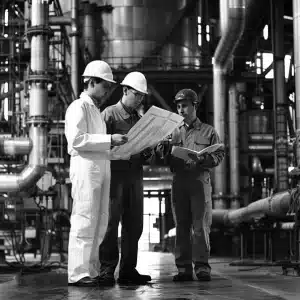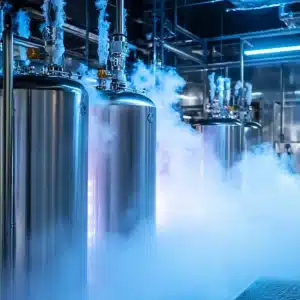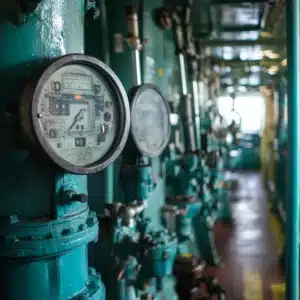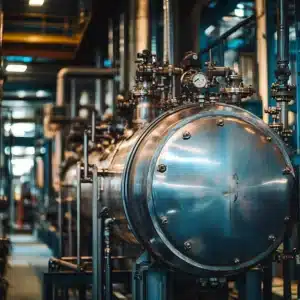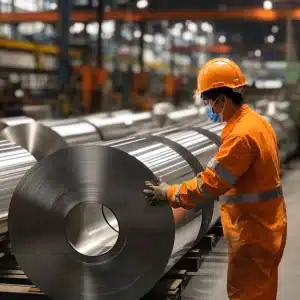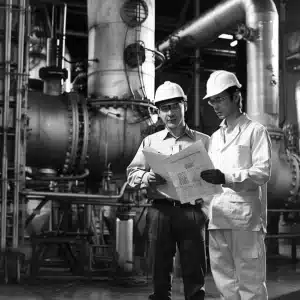
Unveiling the Meaning Behind ASME: Understanding its Role in Engineering
ASME Standards and Regulations ASME requirements cover a wide range of topics, including substances, layout, fabrication, inspection, and testing. As a result, they provide a holistic framework for pressure vessel manufacturing, ensuring safety and efficiency across industries. Key ASME Regulations in Various Industries To understand the impact of ASME guidelines, it is important to explore how they influence diverse sectors, including oil and fuel, electricity era, chemical processing, and more. Consequently, these standards ensure continuous first-class quality and protection across different
